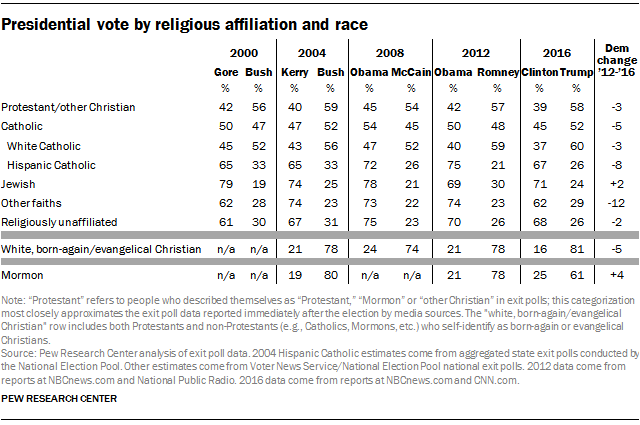I was perhaps eight years old, when I visited Trivandrum for the first time. Or at least, that is my earliest memory of that city. The buses had a red/yellow color scheme, and the lettering on them about the places seemed like art work. I wondered how people read and wrote such stuff.
If the Malayalam script stumped me that much, you can imagine how much at a loss I was about the strange designs that were the script in the Far East. I could not even begin to imagine how kids learnt those difficult languages.
I am now supposedly older and wiser. But, only you blog readers know well that that the only thing that is true is that I am older. To the rest, I pretend that I know shit.
Languages stump me all the time. In graduate school, a new faculty member joined the same year that got there as a student. He was a red-haired, balding, bearded white guy. And he spoke Chinese with the students from China. It was surreal to me.
In the life after graduate school, I interacted for a few years with another white guy, who was a few years older than me, who taught himself a few languages. Including Swedish! He would chat with the visiting Swedes in their language. On every occasion, I always asked the visitors if his Swedish was ok. They always said he was fluent, though his accent came across to them.
This Swedish-speaking white American was married to an immigrant from Hong Kong. No, not an British immigrant, but a Chinese. I asked the friend whether he learnt Chinese from his wife. He said he tried, but it was too damn difficult for him. Difficult for a guy who had taught himself a few languages!
Thus, when the NY Times
reports about the passing away of the man who "made writing Chinese as simple as ABC," it more than intrigued me--
despite that other news--to read that report.
Zhou
Youguang, known as the father of Pinyin for creating the system of
Romanized Chinese writing that has become the international standard
since its introduction some 60 years ago, died on Saturday in Beijing,
Chinese state media reported. He was 111.
I have no idea what Pinyin means, or what Romanized Chinese writing means either. Ignorant I am, and shall always be.
Adopted by China
in 1958, Pinyin was designed not to replace the tens of thousands of
traditional characters with which Chinese is written, but as an
orthographic pry bar to afford passage into the labyrinthine world of
those characters.
Since
then, Pinyin (the name can be translated as “spelled sounds”) has
vastly increased literacy throughout the country; eased the classroom
agonies of foreigners studying Chinese; afforded the blind a way to read
the language in Braille; and, in a development Mr. Zhou could scarcely
have foreseen, facilitated the rapid entry of Chinese on computer
keyboards and cellphones.
I see Chinese students typing a gazillion words a second on their smartphones. Would not have been possible without Zhou Youguang's contributions.
It
took Mr. Zhou and his colleagues three years to develop Pinyin, but the
most striking thing about his involvement was that he was neither a
linguist nor a lexicographer but an economist, recently returned to
China from Wall Street.
But
because of a fortuitous meeting at midcentury, and a lifetime love of
language, he was conscripted by the Chinese government to develop an
accessible alphabetic writing system.
How interesting! The crazy, twisted, path that life is, eh!
Knowing
that linguistics was a hobby of Mr. Zhou’s, Zhou Enlai drafted him to
come to Beijing and lead the committee. Mr. Zhou’s protests that he was a
mere amateur were to no avail.
“Everyone is an amateur,” he was told.
That was Chou Enlai, when I was growing up, in the pre-Pinyin era.
“Pinyin
is not to replace Chinese characters; it is a help to Chinese
characters,” Mr. Zhou explained in the interview with The Guardian.
“Without an alphabet you had to learn mouth to mouth, ear to ear.”
As
a result, illiteracy remained rampant throughout China well into the
20th century — affecting, by some estimates, as much as 85 percent of
the population.
What a wonderful contribution to humanity! And to think that I never knew about Zhou Youguang until today; as the demagogue would tweet, "sad!"
Oh, and Trivandrum is now Thiruvananthapuram.






